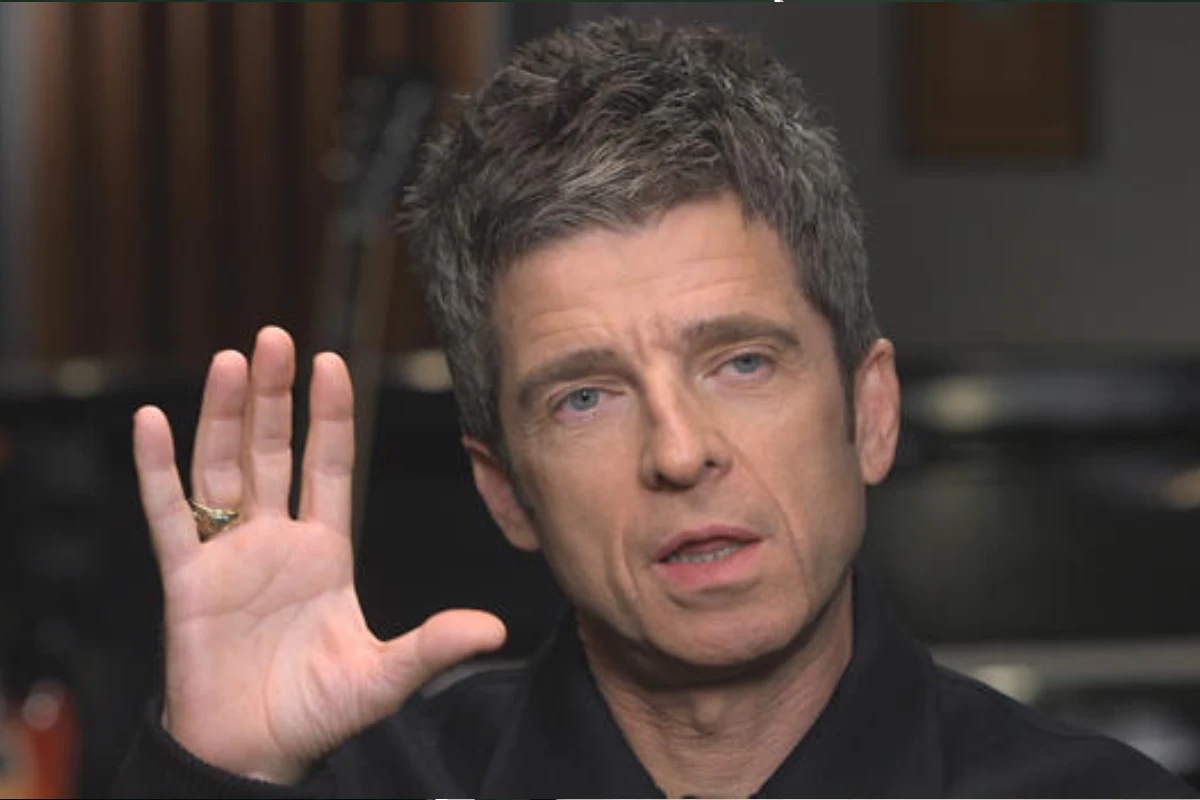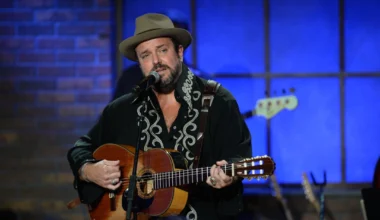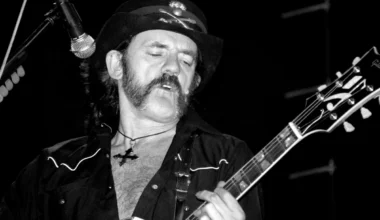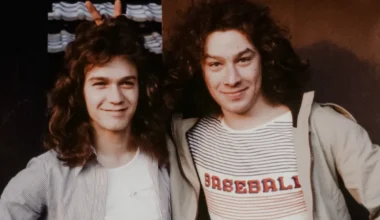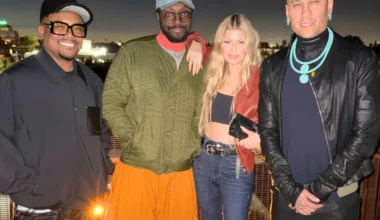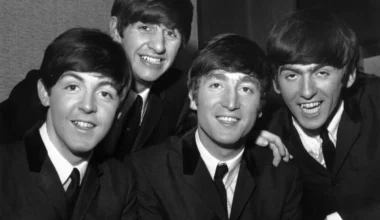Noel Gallagher’s songwriting journey has always been closely intertwined with The Beatles, with their music leaving a deep impact on him. Had it not been for the Fab Four, Oasis might have taken a very different path, with Liam sounding more like John Lydon than John Lennon. Despite living in the shadow of The Beatles’ greatness, Noel believes one of his songs has reached legendary status—worthy of standing beside their masterpieces.
In Oasis’ early years, Noel wasn’t shy about drawing inspiration from the icons who shaped him. On Definitely Maybe, he openly borrowed elements from the rock greats. From T. Rex’s riff in “Cigarettes and Alcohol” to the chorus of Mott the Hoople’s “All The Young Dudes” in “Whatever,” Noel was all about incorporating influences into his music.
The Beatles were not exempt from his creative borrowing. While writing the tracks for their debut, Noel unknowingly lifted the lead guitar hook from George Harrison’s “My Sweet Lord” for “Supersonic,” a nod to the music he loved growing up.
By the time Oasis reached What’s the Story Morning Glory, Noel had embraced his influences even more, but the band’s sound had matured. Tracks like “Don’t Look Back In Anger” marked a step forward, with Noel holding on to the vocal for this anthem despite Liam’s initial desire to sing it. The song, with faint echoes of John Lennon’s “Imagine,” became one of the band’s most iconic tracks.
Over the years, Noel has talked about how “Don’t Look Back In Anger” became his own personal “Hey Jude.” He explained that it’s the song fans expect to hear at every concert.
“You’re kind of obliged to at least give it a go,” he said. “I don’t think I’d be allowed out of the venue if I didn’t play that. It’s kind of like my ‘Hey Jude’.”
Noel’s deep connection to The Beatles extended into his later work with Oasis, especially on Be Here Now, where he packed in as many Fab Four references as possible. Yet, no matter how the band’s journey ended, “Don’t Look Back In Anger” remains the one song that could cement Noel’s place in rock history, the closest he would come to creating his own Beatles-esque anthem.

